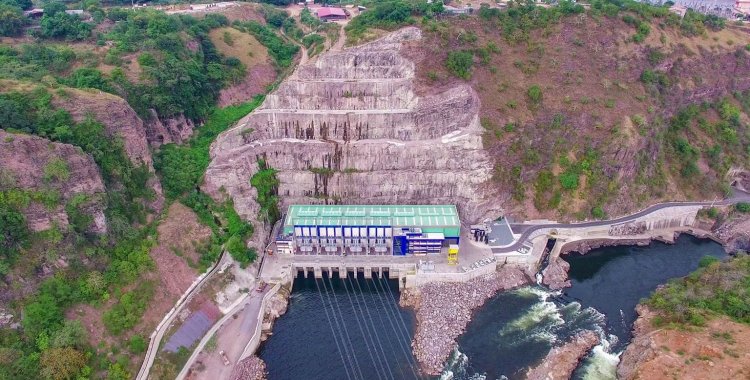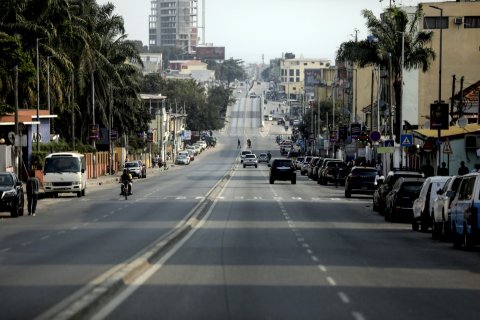On the one hand, the reflections of developing countries show that excessive dependence on external energy sources can lead to political and fatal instabilities, as well as increase the country's vulnerability to fluctuations in the global energy market. Additionally, the intensive exploitation of natural resources can lead to irreparable environmental damage and impair the quality of life of local communities.
On the other hand, these same reflections when analyzed in successful countries, show that energy independence allows the country to have greater control over its energy production and consumption, increasing its energy security and its ability to invest in renewable technologies and sustainable. This, in turn, can lead to more diversified economic development and an improvement in the population's quality of life.
Of the various paths that can make it possible to achieve energy independence in Angola, as seen by ALER (2022), three stand out with greater predominance: Investment in renewable energy sources, Energy efficiency and Public-private partnerships.
1. Investment in renewable energy sources
One of the paths to energy independence is investing in renewable energy sources such as wind, solar and hydropower. These energy sources are abundant, clean and renewable, and can be used to complement energy production from fossil sources.
Investment in renewable energy sources can also lead to the development of new industries and jobs, confident for the diversification of the Angolan economy. Furthermore, energy production
renewable energy can be carried out on a small scale, which allows the participation of the local population and the strengthening of rural communities.
2. Energy efficiency
Another way to achieve energy independence is the implementation of energy efficiency measures in all sectors of the economy.
Energy efficiency in simple terms is how efficiently energy is used in a task or process. In other words, it is the relationship between the amount of energy required to perform a task and the
amount of energy actually used. This includes optimizing energy use in buildings, engines and vehicles, as well as replacing old equipment with more efficient models.
Energy efficiency can lead to a significant reduction in energy consumption, increasing the country's energy security and sustainability. In addition, the implementation of energy efficiency measures
it can lead to economic savings for the business sector and the government, which can be reinvested in other sectors of the economy.
3. Public-private partnerships
Public-private partnerships (PPPs) can also be an important source of investment for Angola's energy independence.
These partnerships allow the Angolan government to team up with private companies to develop renewable energy and energy efficiency projects, sharing project costs and benefits.
Furthermore, these can lead to the transfer of knowledge and technology to the country, increasing its capacity to produce and manage its own energy efficiently and sustainably.
Conclusion
That said, energy independence is fundamental for Angola's future. Investing in renewable energy sources, implementing energy efficiency measures and establishing public-private partnerships are important ways to achieve this goal.
Furthermore, it is important to remember that energy independence is not just a matter of energy production and consumption, but also a matter of economic and social development. The transition to a more diversified and sustainable economy can lead to an improvement in the population's quality of life and a brighter future for Angola.
Reference
http://www.mme.gov.br/eficiencia-energetica
https://www.aler-renovaveis.org/contents/activitiesdocuments/aler-
report-angola_9528.pdf








